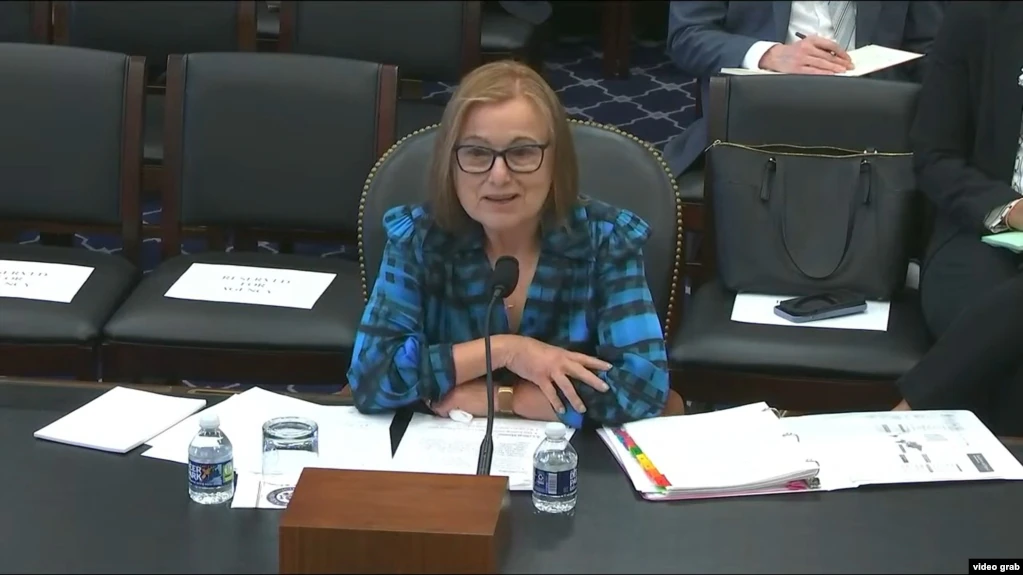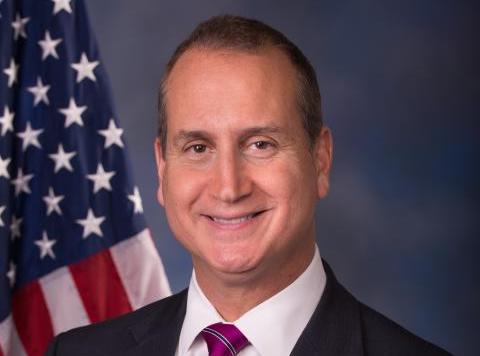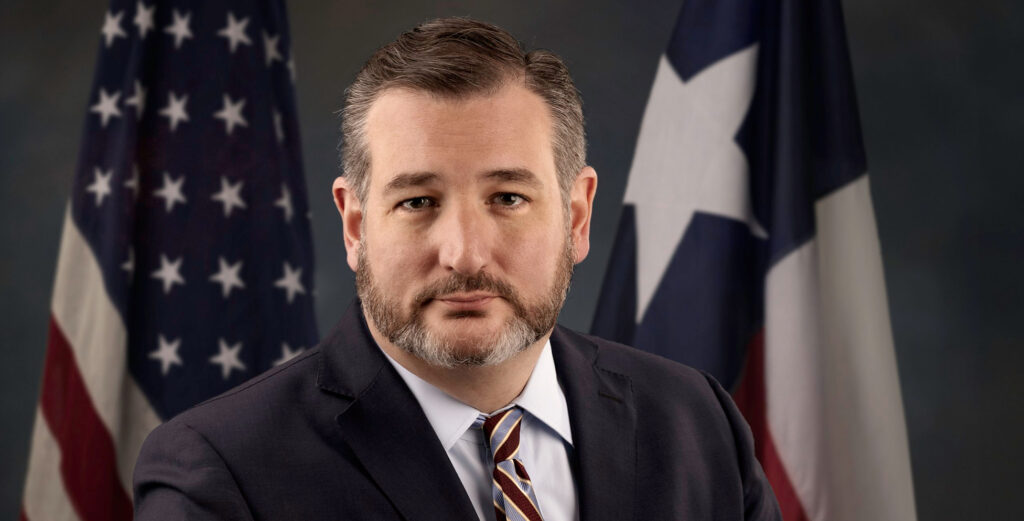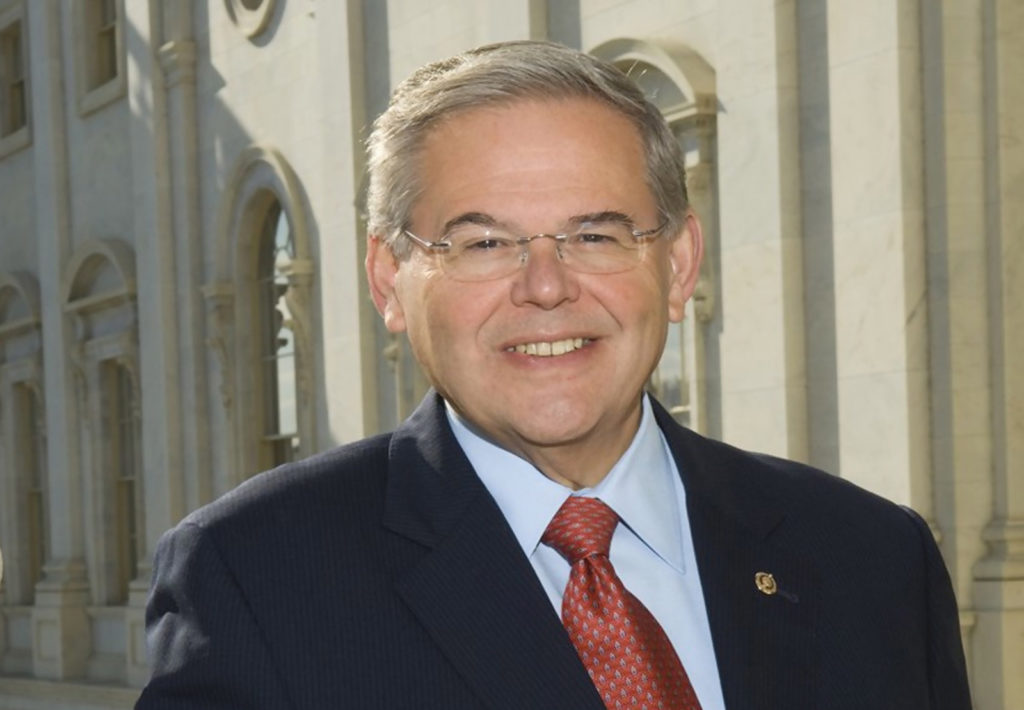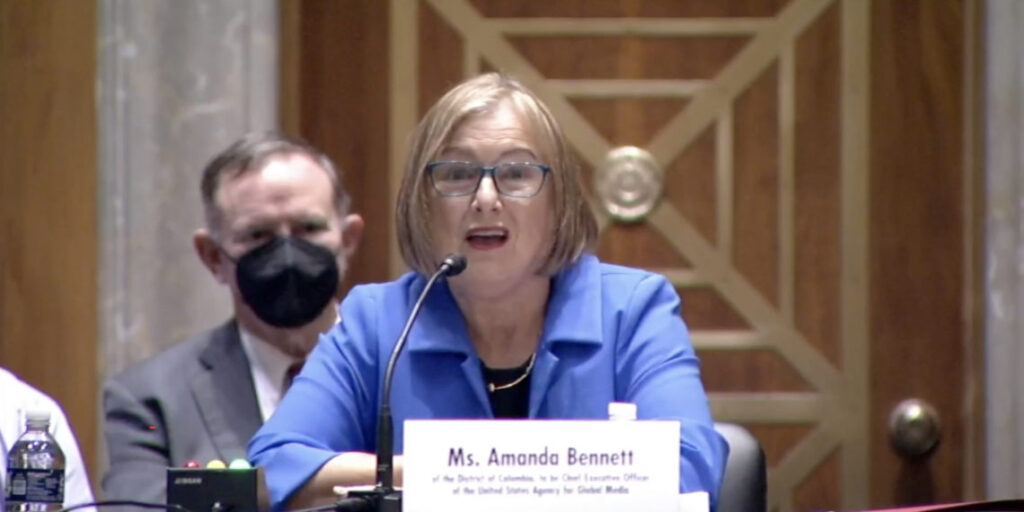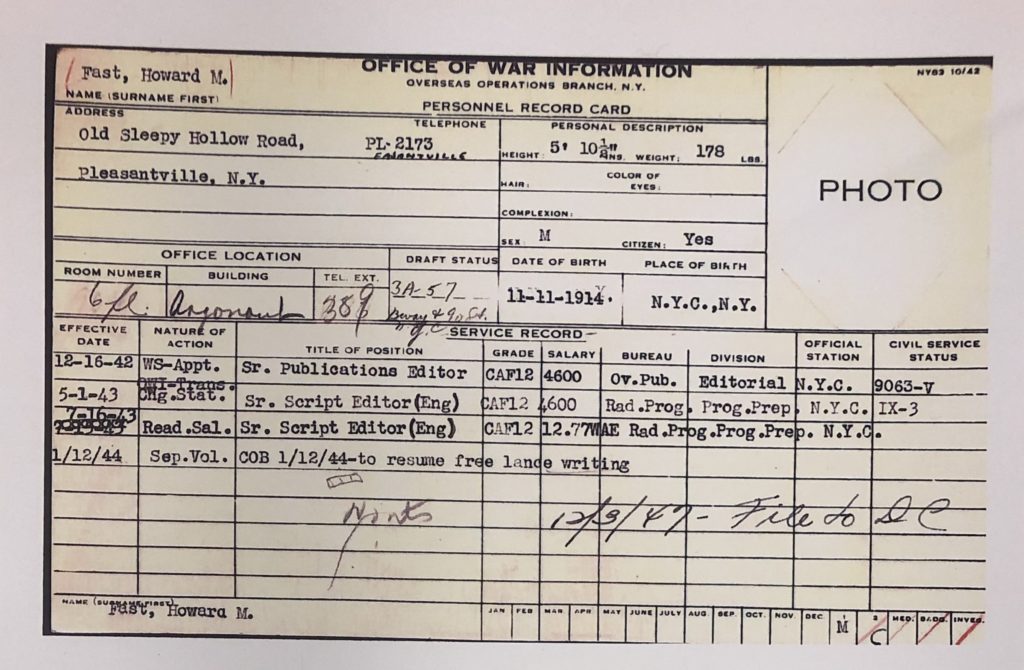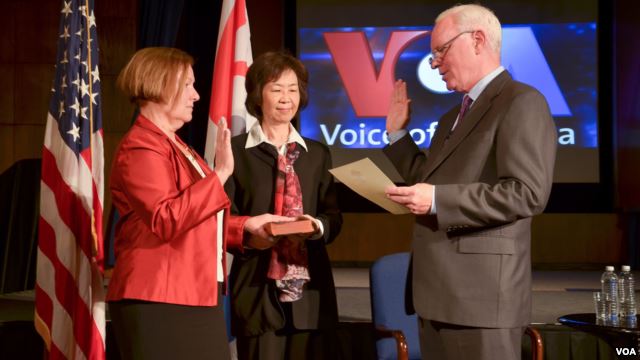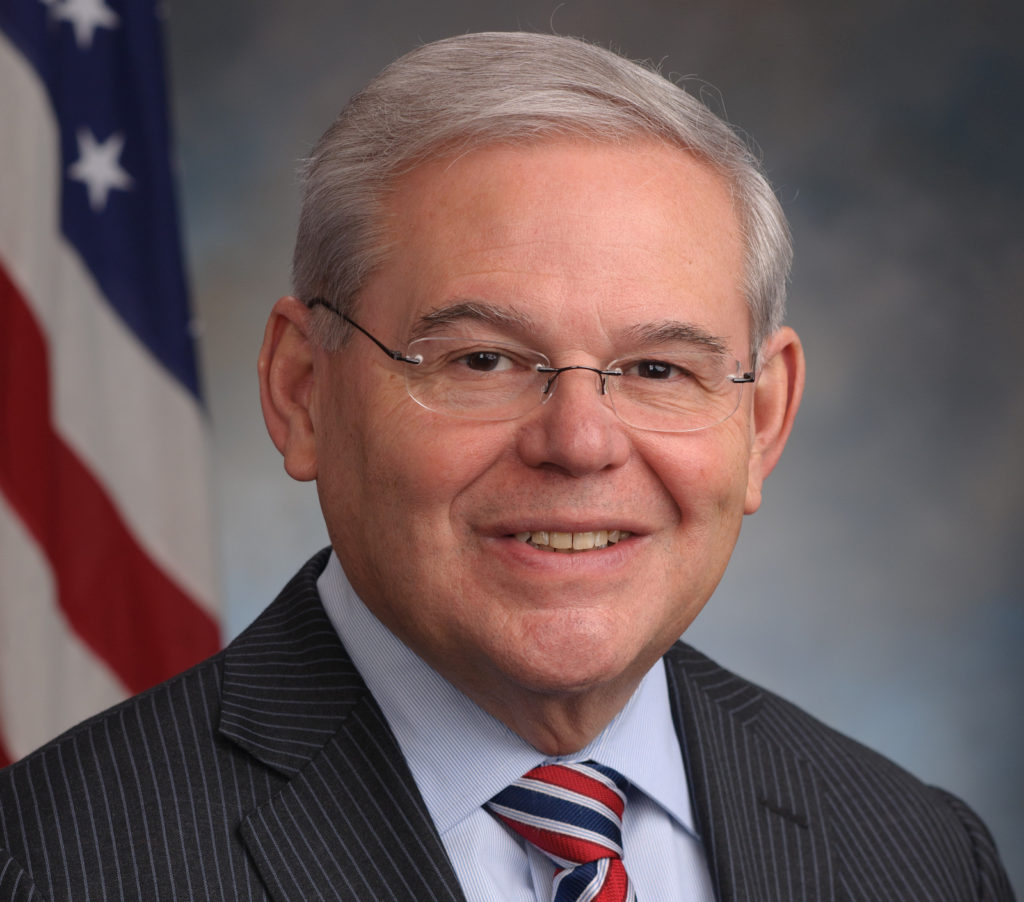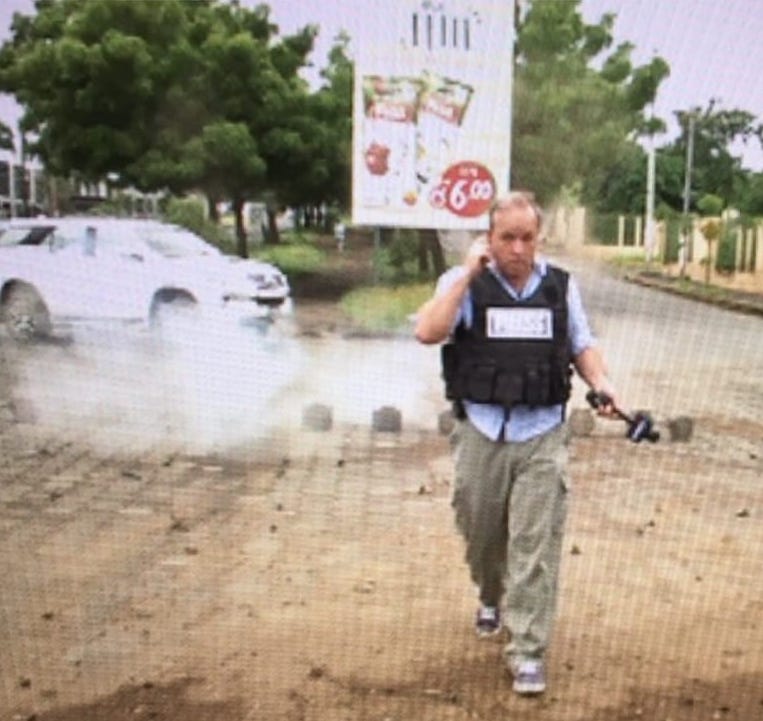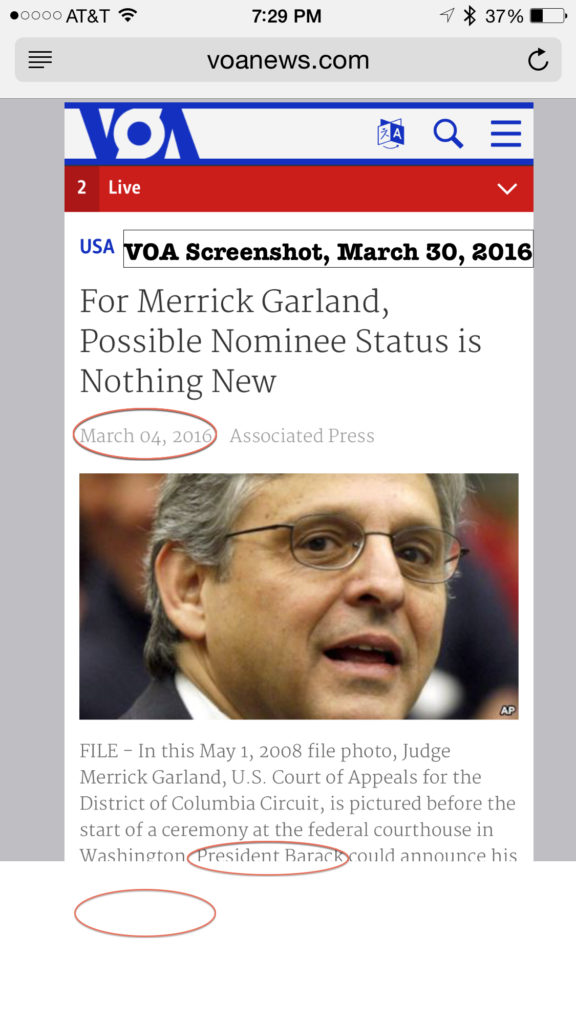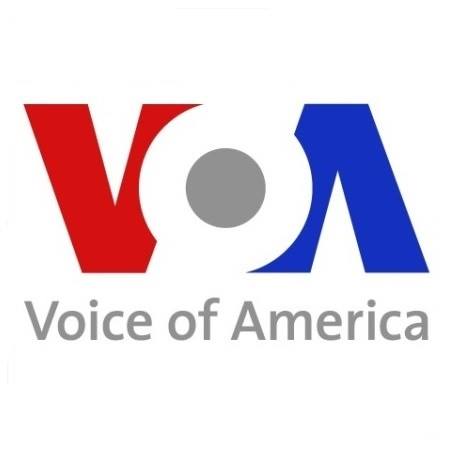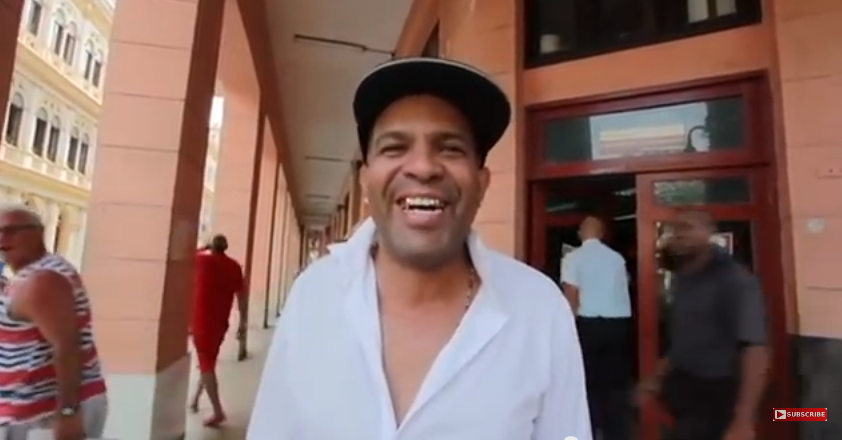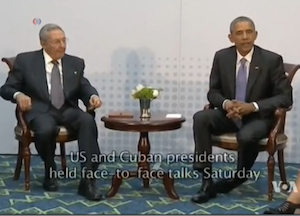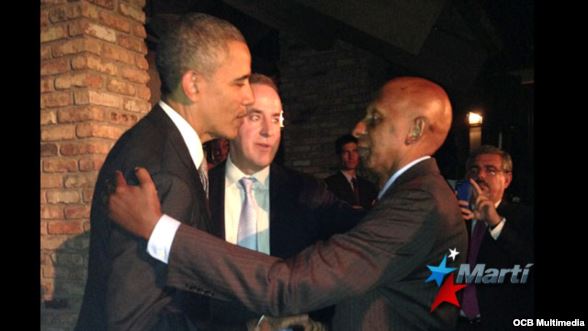USAGM Watch Commentary
According to two individuals who attended closed meetings of the Broadcasting Board of Governors (BBG) in 2016, the then Under Secretary of State for Public Diplomacy Richard Stengel aggressively pushed the Obama White House policy on relations with the Castro brothers’ communist regime in Cuba and questioned the mission of Radio and TV Marti broadcasts to the island produced by the Office of Cuba Broadcasting (OCB) in Miami, FL. Another participant in these meetings said that Stengel, who at the time represented Secretary of State John Kerry, an ex officio member of the BBG board, was most likely repeating the talking point on Cuba from President Obama’s Deputy National Security Advisor for Strategic Communications and Speechwriter Ben Rhodes who in 2014 was invited to participate in an open BBG board meeting and in November 2016 represented President Obama at Fidel Castro’s funeral.
Richard Stengel described in his book, Information Wars, his close relationship with Ben Rhodes at the White House and with his special advisor at the State Department on countering extremism Haroon Ullah who was later hired by former Obama-era BBG CEO John F. Lansing, possibly at Stengel’s recommendation, as his chief strategic advisor and subsequently spent time in a federal prison after being caught and convicted of stealing taxpayers’ money from the agency. In his book, Stengel described Ullah’s role as his special advisor at the State Department as making “himself indispensable on [countering extremism] and plenty else besides” (page 376).
The BBG was at the time in charge of OCB media output to Cuba and Voice of America (VOA) programs in English, Spanish and in other languages. In 2018, BBG was renamed the U.S. Agency for Global Media (USAGM). Richard Stengel left his Under Secretary for Public Diplomacy and Public Affairs job at the State Department in December 2016. Harron Ullah pled guilty in June 2019 to stealing government money at USAGM. John Lansing resigned from his USAGM CEO position in September 2019 and became CEO of National Public Radio (NPR). Michael Pack, President Trump’s nominee to head USAGM, was not confirmed by the U.S. Senate until June 2020. The Senate confirmed Pack for a three-year term, but it is not clear whether he will stay at the agency once Biden is sworn-in. After becoming the apparent winner of the 2020 U.S. presidential vote, President-Elect Biden has asked Richard Stengel to be the head of the transition team at USAGM.
The closed BBG Board meetings at which Stengel promoted Obama White House normalization with Cuba policy were attended in 2016 by the then OCB Director Maria “Malule” Gonzalez who, according, to two sources found Stengel’s comments “aggressive and intimidating.” The two now former BBG executives who were present at these meetings said that Stengel vastly exaggerated any positive changes in the human rights situation as a result of President Obama’s visit to Havana in March 2016. It would have been a violation of the “firewall” protection of OCB and VOA for any BBG member to try to influence their news coverage or programming directly, but BBG members had the right express their views and make presentations on U.S. foreign policy. They also had the right to propose terminations, reductions, or expansions of various agency media programs. Agency media entity heads, however, could easily interpret such comments from BBG members as a general call for changes in their programming.
The two observers who do not wish to be identified because the BBG meetings were closed to the public said that in pushing Obama White House positions on Cuba, Stengel kept increasing pressure on the heads of BBG media networks and other participants at three different sessions in 2016. According to the two sources, no other member of the BBG board at the time made similarly aggressive comments questioning Radio and TV Marti programs to Cuba or agency-funded programs to any other foreign country, but neither did any of the other BBG board members try to challenge Stengel’s arguments.
Sources said that Malule Gonzalez countered Stengel after three BBG sessions of his questioning of OCB’s mission when she told the BBG board in November 2016 that “Cuba’s wall is still up.” She was quoted as saying that since the reestablishment of full diplomatic relations between Washington and Havana “mainstream media and even Hollywood … gave to many the false impression that a Big Wall [in Cuba] had been demolished, but that was not the case.” She quoted from Andrés Oppenheimer’s article in The Miami Herald “that the reestablishment of U.S. Cuban diplomatic ties has not helped improve by one iota Cuba’s human rights situation.” According to witnesses who took notes, she indirectly alluded to the pressure from Stengel to change the role of OCB on Cuba but did not mention his name:
…despite the firewall protections, throughout this year stakeholders have had different visions of what OCB’s role should have been within the realm of the new US-Cuba relationship. I can confirm that even under such pressure we were true to our mission and we provided the information that allows Cubans to make sound decisions.
While Richard Stengel made his points on Cuba at closed meetings, some of his public statements have been also controversial. His October 29, 2019 op-ed in The Washington Post, “Why America needs a hate speech law,” was criticized by free press advocates immediately after it was written, with new criticism emerging in the last few days after President-Elect Biden has appointed him to lead the transition at the U.S. Agency for Global Media which is responsible for promoting free speech and free press abroad. USAGM’s largest media outlet, the Voice of America, which has a “Press Freedom” section, has ignored so far the controversy over Biden’s appointment of Stengel for a transition role at USAGM.
Whether Stengel’s aggressive promotion of Obama White House and U.S. State Department taking points on Cuba had any direct significant impact on Radio and TV Marti coverage cannot be easily determined, but most likely it did not. According to sources the then head of OCB felt uncomfortable and intimidated by his comments but did not allow any softening of programming about human rights violations in Cuba.
Stengel’s comments at closed BBG board meetings in 2016 could have had, however, an indirect or subtle impact, especially at the Voice of America. BBG Watch commented at the time that much of Voice of America’s coverage of President Obama’s visit to Cuba in 2016 was often one-sided and naive. It would be difficult to ascertain whether Stengel’s heavy promotion of normalization of relations with the Castro regime found its way through the senior leadership to VOA managers, editors and reporters or whether they were acting on their own. It may have been a combination of many sources of outside influence, bias bad journalism and poor editing. In March 2016, Voice of America newsroom described Raul Castro as “Ally of New Era of US-Cuba Ties.” In April 2016, VOA News posted a one-sided report quoting extensively from Fidel Castro’s speech. The VOA report was titled, “Castro: I May Die But Communism Will Live Forever.”
When Fidel Castro died in November 2016, the Voice of America Spanish Service created a special graphic with his image, a red star over the letter “I” in Fidel and the Voice of America logo.
A report posted on the VOA English news website in September 2018 glorified murderous Marxist revolutionary Che Guevara without mentioning his and Fidel Castro’s victims in Cuba.
While in 2016 the then Office of Cuba Broadcasting director Malule Gonzalez did not directly confront Richard Stengel, an Obama administration appointee, over his questioning of Radio and TV Marti’s mission, she challenged his arguments indirectly in her November 2016 presentation to the BBG board. According to sources, BBG board members, both Democrats and Republicans, did not raise any objections about Stengel’s promotion of Obama White House taking points on Cuba and his questioning of OCB’s mission.
Later, Malule Gonzalez clashed more publicly shortly before leaving Radio and TV Marti in 2017 with Trump administration appointee Jeffrey Scott Shapiro, the current acting director of OCB, who reportedly claimed that she was allegedly soft on Cuba and made other accusations. She rejected these accusations as slanderous and said that during both the Obama administration and the Trump administration she was defending objective journalism at OCB. She later filed a defamation lawsuit against Shapiro in the U.S. District Court for the Southern District of Florida. Her lawsuit is still pending.




